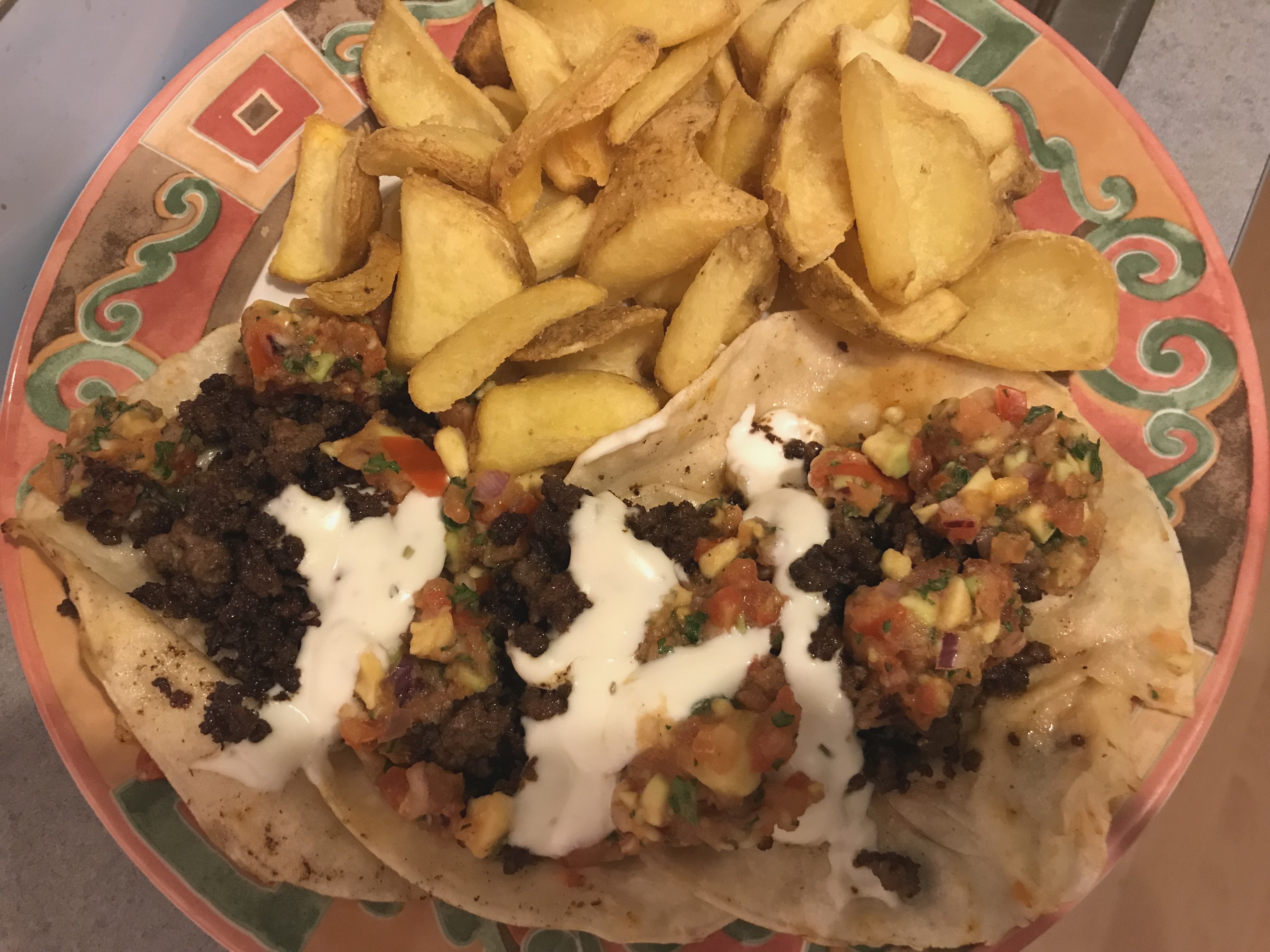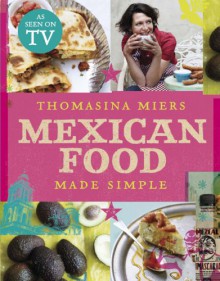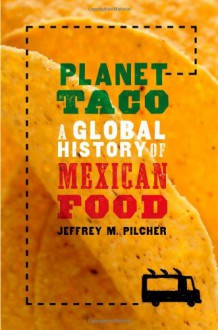
Planet Taco is a scholarly exploration of Mexican food conducted by a trip through history. I am partial to Mexican history, Mexican food and societal analyses rooted in history. So Planet Taco hit on all my favorites. This book managed to maintain my interest through its disucssion of history and kept my hunger level at a constant high during my reading. Before reading this book, I had no idea that without human intervention corn would not have grown and existed, "maize florurished under human protection and to this day, it cannot reproduce in the wild." How wild is that? Someone stumbled on a corn plant in the wild and changed the world. Pilcher proposes some interesting ideas about servant and female labor which make a lot of sense. Yes, he discusses the influence of coloinazation and immigraiton on cuisine -- but what about the folks preparing the food?: "Scholars have only begun to explore the connections between household labor and the fate of empires." The female labor it takes to grind corn and turn it in to a usable food (tortillas) is immense. "Spanish historical documents provide ample information about agricultural production, which was gendered male, but typically remain silent about the female labor properation." Planet Taco discusses the labor intensity of consuming corn and its likely influence on different evolutions and changes in Mexican food. Such as the introduction of flour tortillas in the north, which took much less labor. He notes that scholars are not in agreement as to whether this resulted from the missionary influence but he proposes that women and servants may have had a hand in the change of the type of tortillas eaten in this region due to the lesser work involved. Potatoes, tomatoes, chilis, chocolate, corn (and on and on and on) are examples of the foods discovered in Mexico. And then introduced into Mexico - -citrus, sugar, coffee, cinammon, cilantro (yes cilantro!), bananas, beef, pork. What an amazing marriage of food and flavors. "People have been confused about the nature of Mexican food for hundreds of years. Certainly there was no authentic Mexican food in pre-Hispanic times." Pilcher interestingly discusses the various influences in Mexico food, society and culture by discussing the Asian labor and immigrants, the African slaves, and the influence from Europe. Corn and tomatoes when exported to Europe were not immediately embraced. Unfortuantely, when corn was exported it was exported without the indegineous knowledge. "Although prolific and versatile, maize has significant nutritional defects, particularly the lack of niacin, a B-vitamin essential to human health." Somehow every native people in the Americas that consumed corn understood this and developed a technology of adding niacin to the corn. This is freaking amazing to me. But, when Europeans and North Africans began initially consuming corn -- they did so without this knowledge to disastorous results. Epidemics of lack of nutirion followed in European communities that relied solely on corn. I loved this trip th rough history but done through a dietary manner. It was brillaintly done and I also appreciated that Pilcher makes note of how recent political and economic changes are effecting Mexico (and thus the USA). Mexico in a bizarre twist, the birthplace of maize is now competing with the US in the market of corn, "NAFTA, implemented in 1994, allowed the free entry of subsidized Midwestern maize (corn) to Mexico, undermining (Mexican unsubsidized) family farms and forcing many to migrate north in search of work."
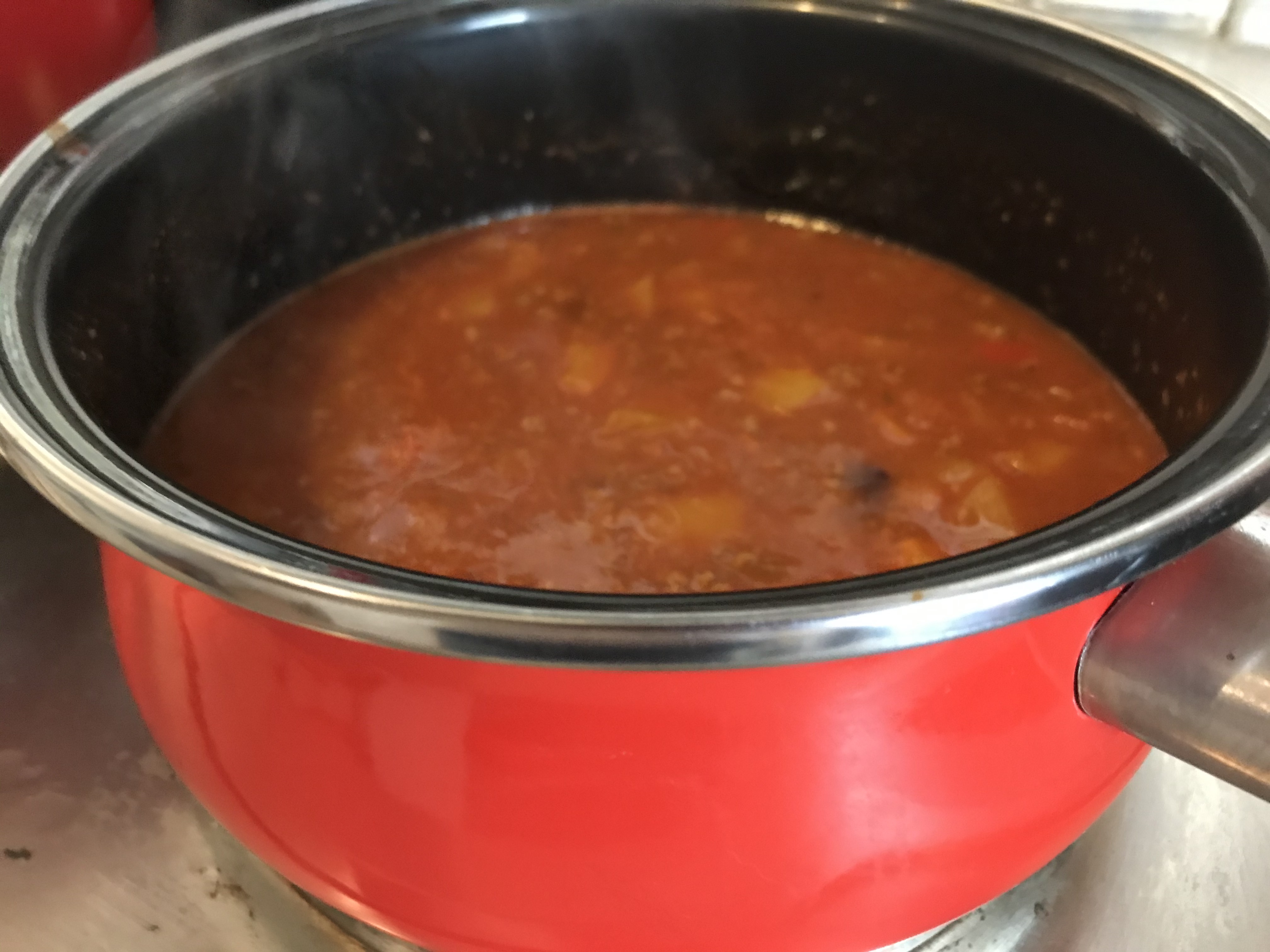

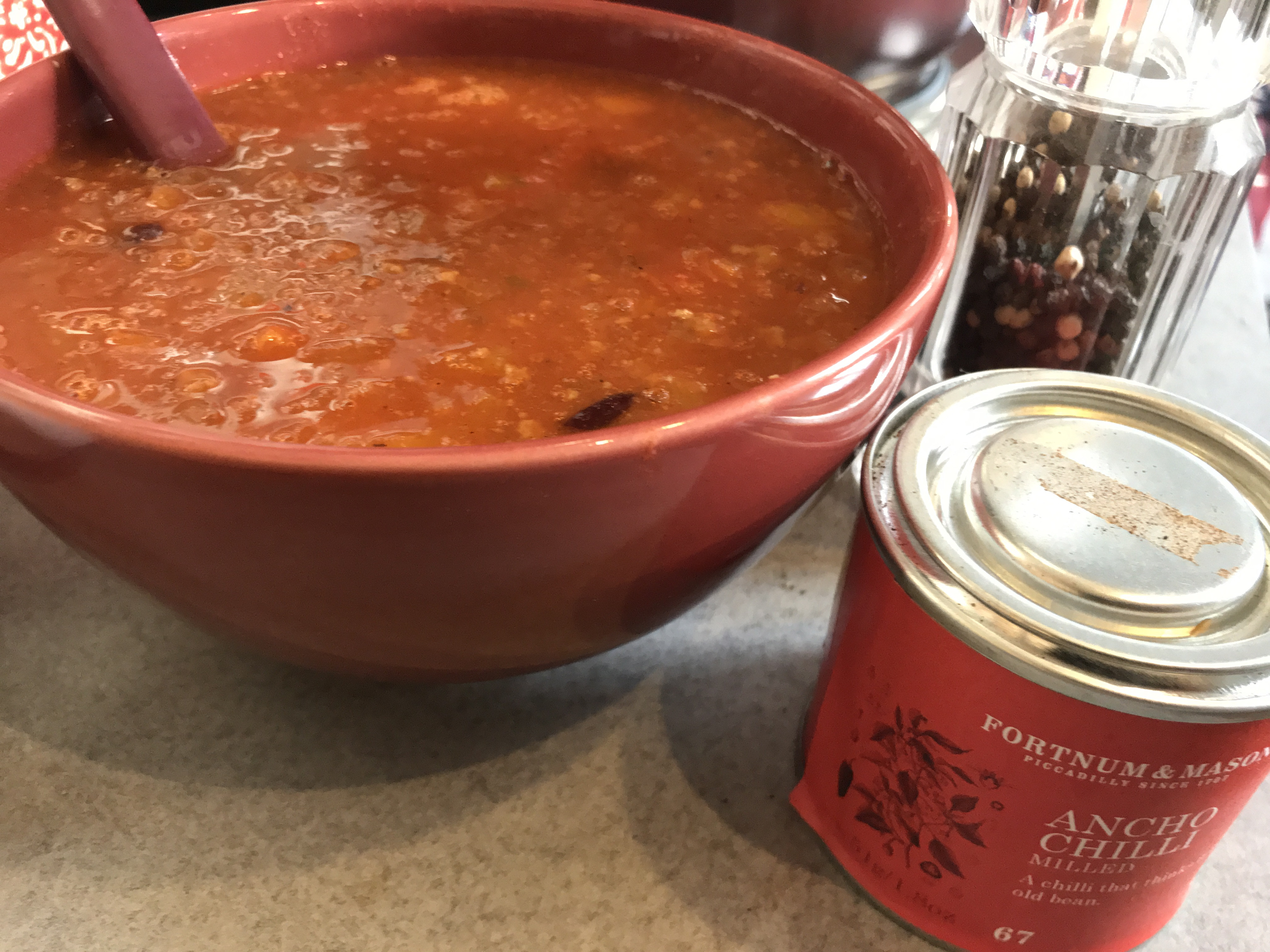




 Log in with Facebook
Log in with Facebook 
